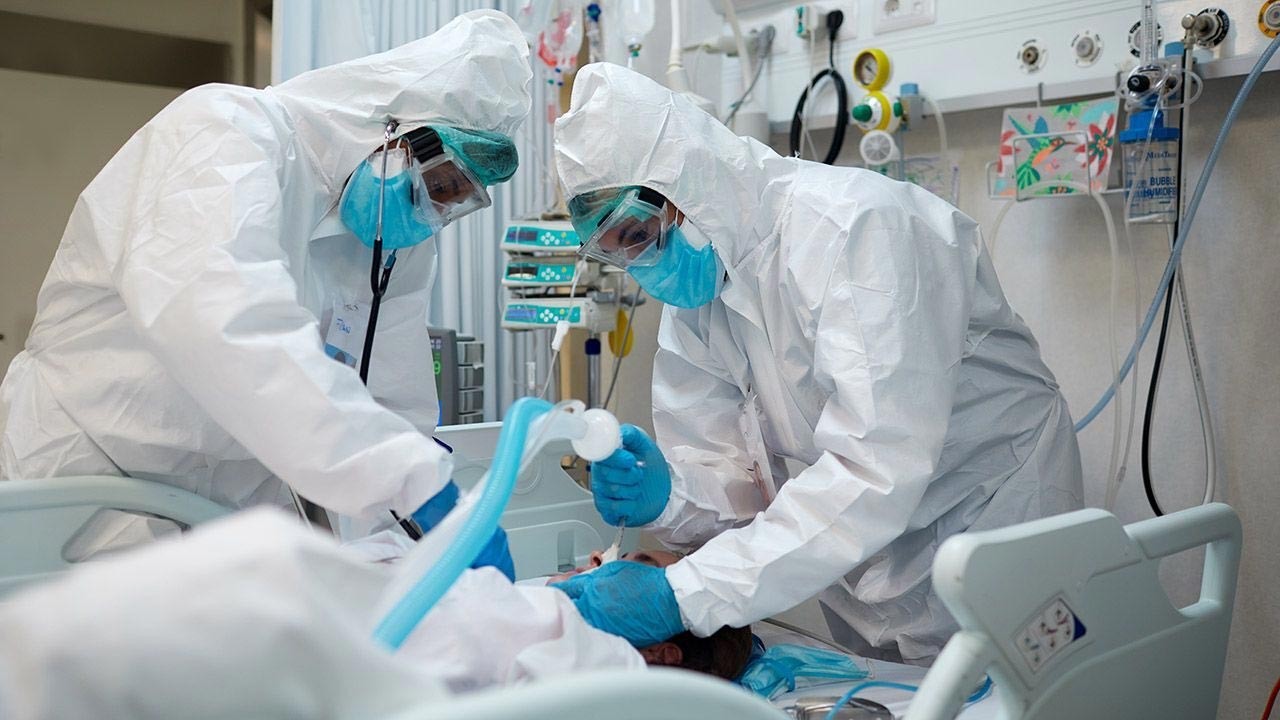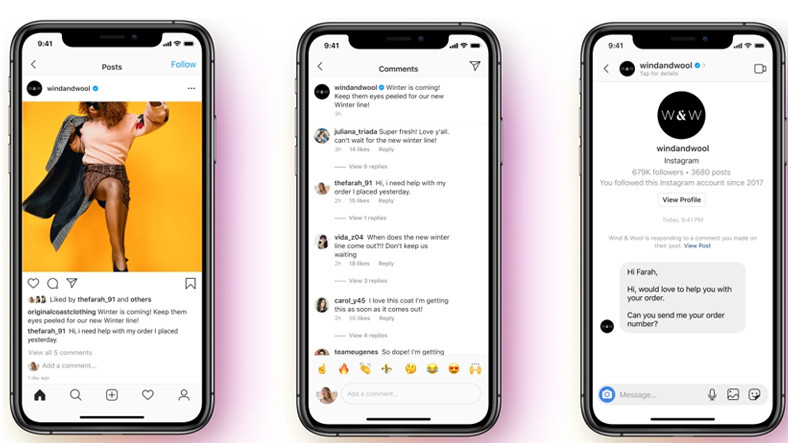Like a cold front that moves and creates the conditions for severe weather, coronavirus infection triggers showers of infection-fighting immune molecules – showers that sometimes escalate into a chaotic immune response known as a cytokine storm. About 20 to 30 percent of the patients were also hospitalized COVID-19 Development of severe immune manifestations, in some cases leading to a cytokine storm, with life-threatening organ damage and high risk of death.
Predicting which COVID-19 patients will develop a cytokine storm is challenging because of the many variables that affect immune function. In groundbreaking work, researchers from the Lewis Katz School of Medicine at Temple University (LKSOM) developed and validated predictive criteria for the early detection of COVID-19 patients who develop hyperimmune responses, opening up the possibility of early therapeutic intervention.
“If we can expect a cytokine storm, we can start treatment sooner and possibly lower mortality,” said Dr. Roberto Caricchio, Head of the Department of Rheumatology, Director of the Temple Lupus Program, Professor of Medicine, Microbiology and Immunology at LKSOM, lead author of the new report.
The report, published online in the Annals of Rheumatic Diseasesis the first to identify criteria that can easily be used in clinical practice to ward off potentially the worst hyperimmune attack against COVID-19.
The breakthrough is the result of extensive collaboration between researchers and clinicians across multiple departments at the Lewis Katz School of Medicine and Temple University Hospital that make up Temple University’s COVID-19 research group.
According to Dr. Caricchio has been treating large numbers of COVID-19 patients at Temple since the pandemic outbreak in the US. “We have a significant amount of data in terms of variables to predict the cytokine storm,” he said.
Since the beginning of March, data has been collected on more than 60 different laboratory variables for every patient admitted to Temple University Hospital (TUH), collected daily up to time of recovery or death. Variables measured daily include factors such as white blood cell count, metabolic enzyme activity, and markers of inflammation and respiratory function. Importantly, these markers are widely used in hospitals around the world and are therefore readily available.
The research group performed statistical analyzes of laboratory data for 513 COVID-19 patients hospitalized at TUH in March and April, 64 of whom developed a cytokine storm. A genetic algorithm was used to identify thresholds for each individual laboratory variable in order to define the predictive requirements for the cytokine storm. Genetic algorithms mimic the processes of natural selection and evolution when analyzing the data. In this case, over several iterations, the algorithm yielded variables that indicate which patients are most likely to have a cytokine storm.
Overall, the analyzes yielded six prediction criteria, which included three clusters of laboratory results related to inflammation, cell death and tissue damage, and electrolyte disturbances. In particular, patients in the cytokine storm showed a proinflammatory status and elevated enzyme levels, which indicates significant systemic tissue damage. In addition, patients who met the criteria had longer hospital stays and were at increased risk of dying from COVID-19. Almost half of the patients who experienced a cytokine storm met all criteria on the first day of hospitalization.
The researchers validated the criteria in a subsequent cohort of 258 patients admitted to the TUH for COVID-19 infection. “The algorithm correctly predicted the cytokine storm in nearly 70 percent of patients,” said Dr. Caricchio.
“The ability to reproduce our results in a second cohort of patients means that our group of variables is an effective criterion in diagnosing a cytokine storm in COVID-19 patients,” he added. The final step now is to have the criteria validated by other centers where COVID-19 patients are admitted for treatment.
Dr. Caricchio noted that the criteria could be applied to COVID-19 patients in any hospital or hospital stay worldwide. “This makes the criteria very valuable in making decisions about the treatment of COVID-19 patients worldwide,” he said. If applied more widely, the criteria could make early diagnosis and intervention much easier and save many lives.
“This has been a truly collective effort among frontline clinicians, researchers and statisticians, and the results are one of the many testimonies of the extraordinary work that Temple University and the Temple University health system have done,” concluded Dr. Caricchio.
Reference: “Preliminary Predictive Criteria for the COVID-19 Cytokine Storm” by Roberto Caricchio, Marcello Gallucci2, Chandra Dass, Xinyan Zhang, Stefania Gallucci, David Fleece, Michael Bromberg, Gerard J. Criner and the COVID-19 research group at Temple University, September 25, 2020, .
DOI:
Other researchers who contributed to the new report include researchers from the Lewis Katz School of Medicine and Temple University Hospital, and clinician Chandra Dass, Clinical Radiology; Xinyan Zhang, Medicine and Rheumatology Departments; Stefania Gallucci, Department of Microbiology and Immunology; David Fleece, Clinical Pediatrics; Michael Bromberg, Department of Medicine and Department of Hematology; and Gerard J. Criner, Department of Thoracic Medicine and Surgery. The statistical expertise was provided by Marcello Gallucci, Department of Psychology, University of Milan-Bicocca, Milan, Italy.
The research was supported in part by the National Institutes of Health grant R56 AR072115-01 and the Lupus Research Alliance.



